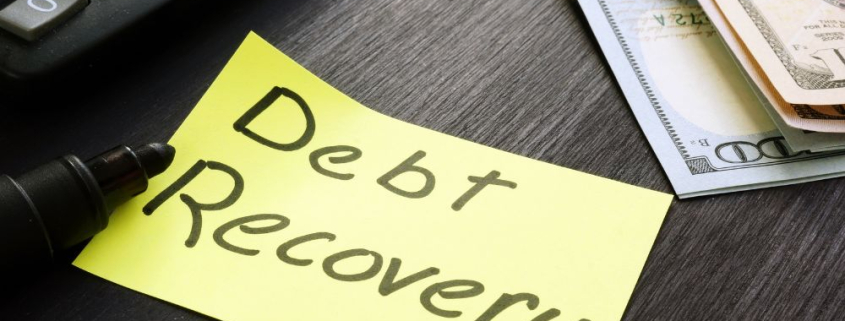Protecting Your Bottom Line: A Deep Dive into Debt Recovery Practices

Maintaining a healthy cash flow is paramount for sustainable operations.
However, the reality is that businesses often face the challenge of unpaid invoices and overdue payments.
To safeguard their financial health, businesses must have a robust debt recovery strategy in place. This should cover the critical aspects from prevention to resolution.
Preventative Measures: Setting the Foundation for Debt Recovery
Proactive steps can significantly reduce the likelihood of facing debt recovery issues. Establishing clear payment terms and conditions from the outset, conducting credit checks on new clients, and having a thorough onboarding process are crucial preventive measures. Regularly communicating payment expectations and providing detailed invoices can also foster a transparent relationship with clients.
Effective Invoicing Practices
Creating detailed and clear invoices is not just about billing; it’s a fundamental part of debt recovery. Invoices should include a breakdown of services, payment terms, and contact information. Implementing prompt invoicing procedures ensures that clients are well-informed about their financial obligations, reducing the risk of delayed payments.
Communication Strategies
When faced with overdue payments, effective communication is key. Rather than adopting an adversarial approach, businesses should initiate respectful and diplomatic conversations with debtors. Understanding the reasons behind the delay and negotiating a mutually agreeable payment plan can often lead to a successful resolution without straining the business relationship.
Professional Assistance
If diplomatic efforts prove unsuccessful, engaging a reputable debt collection agency can be a strategic move. These agencies specialise in recovering outstanding debts while adhering to legal and ethical standards. Outsourcing this task allows businesses to focus on their core operations while experts handle the intricacies of debt recovery.
Understanding the Options
In cases where all else fails, legal action may be necessary. Prior to pursuing this path, businesses should seek legal advice to understand the costs, risks, and potential outcomes. Issuing a Letter of Demand and, if needed, pursuing court action are steps that should be carefully considered, as they can be time-consuming and resource-intensive.
Documentation and Record-Keeping: Building a Strong Case
Throughout the debt recovery process, meticulous documentation is crucial. Keeping records of all communications, agreements, and payment history serves as a solid foundation should legal action become necessary. Thorough documentation strengthens the business’s position and provides evidence in case of disputes.
Debt recovery is an integral part of maintaining financial stability for businesses. By adopting preventive measures, implementing effective invoicing practices, and employing strategic communication, businesses can mitigate the risk of unpaid invoices. When faced with overdue payments, professional assistance from debt collection agencies and, if needed, legal recourse can help recover outstanding debts while preserving valuable business relationships. Meticulous record-keeping ensures that businesses are well-prepared to navigate the complexities of debt recovery and emerge resilient in the face of financial challenges.




